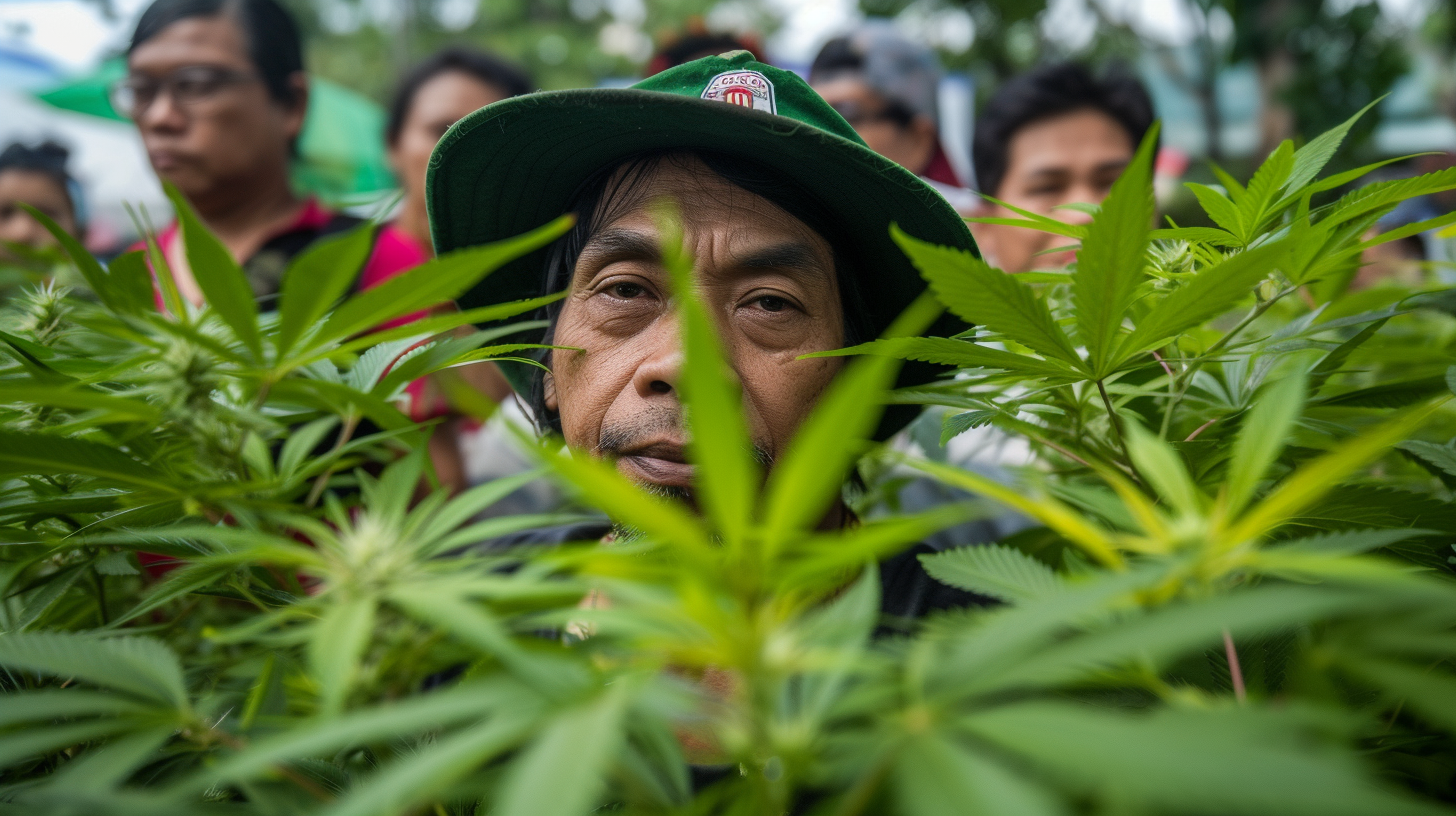BANGKOK, THAILAND – Thailand’s cannabis industry is on edge as the government considers a significant policy reversal that could outlaw recreational cannabis use, a move that has sparked concerns of economic fallout and legal turmoil. Entrepreneurs, producers, and cannabis advocates are bracing for what could be a tumultuous period, fearing that the proposed changes could undo the progress made in the sector and hurt the country’s tourism industry.
The Thai government’s deliberation over the Cannabis and Hemp Act, which aims to reintroduce strict penalties for recreational cannabis consumption, has been met with widespread criticism. Industry insiders argue that the move is driven more by political motives than by concerns for public health. This has led to a rallying cry among business owners and legal experts, who are preparing for a potential legal battle against the government’s proposed regulations.
Critics of the government’s plan warn that banning recreational cannabis could have dire economic consequences, particularly for businesses that have flourished since the legalization of cannabis. The rollback could not only damage Thailand’s reputation as a progressive destination for cannabis tourism but also force many businesses to operate clandestinely, undoing the legal and social gains achieved in recent years.
Despite the absence of a decision in the cabinet’s recent meeting, the threat of legal action looms large, with many in the industry ready to challenge the government’s stance. Observers suggest that a more sensible approach would involve regulating and taxing the cannabis market, rather than imposing outright bans that could lead to legal challenges and economic harm.
As Thailand stands at a crossroads, the future of its cannabis industry hangs in the balance. The government’s next steps could either bolster the country’s economy and tourism sector or plunge it into a legal quagmire, underscoring the need for careful consideration and dialogue among all stakeholders involved.
Read the original article on South China Morning Post
